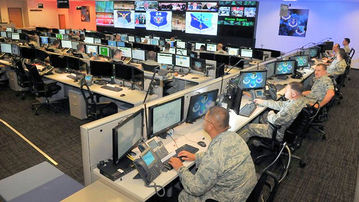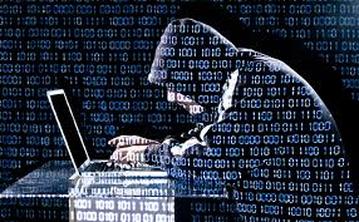

The vulnerability of the Internet to hacking by malicious countries (Russia has been attacking all over the place lately, including targets related to the U.S. Presidential election), criminal enterprises, or even a single individual should set off alarm bells. We are reaching a critical juncture where the future of our connected world is looking increasingly fragile. Governments and private enterprise need to greatly step up the resources they put into online security, and that includes makers of stuff that connects to the Internet.
At our office, some of the items connected to the Internet are our electric power (including our solar panels), our computers of course, our system for listening to music and accessing radio (except our emergency hand-cranked radio). Beyond that, the utility power grid, the city's water and sewer system, and probably all communications systems are potentially vulnerable. You may be even more connected — does your refrigerator use the Internet to report energy usage or compile your shopping list?
Here in California, we all are advised to keep earthquake supplies on hand, including enough food and water to last at least several days. Former "Nightline" host Ted Koppell warns, in a book published almost a year ago, that we should all be prepared to do without the electric grid for months, not just days or weeks.
In the meantime, I recommend we all contact our elected officials and ask what they are doing about our increasing vulnerability to cyberattacks, without compromising our privacy. After all, if laws are passed requiring that security and encryption systems contain “back-door keys” the government can use in criminal investigations, for example, you can bet hackers will be stealing and using those keys, while terrorists and crime syndicates will just apply their own encryption that has no such keys. Such systems would decrease our security without affecting determined bad guys.



 RSS Feed
RSS Feed